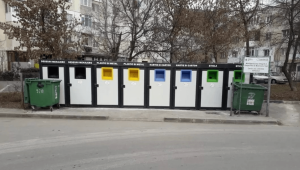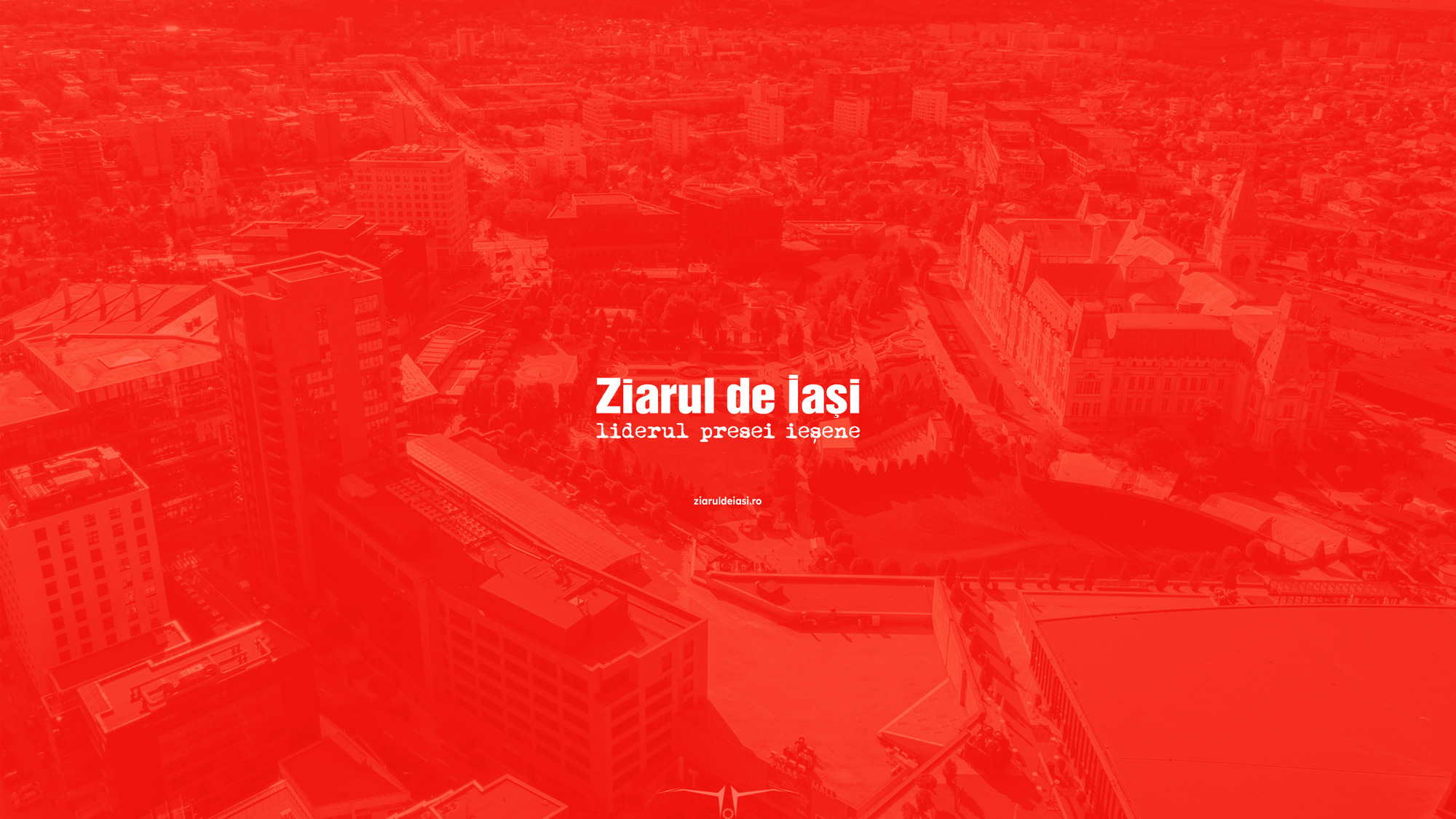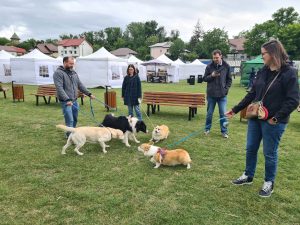
A few weeks ago, high officials of PDSR (Social Democracy Party) were talking about the intention to modify the Law Lupu, in order to make it easier to apply. Last Friday the Premier gave some details regarding the manner in which the law would be "improved". An improvement that makes us think about one of the jokes in the series Radio Erevan, something like that: "We make a correction as for the news transmitted yesterday regarding Ivan Ivanovici, that he would have won a car; it was not a car, it was a watch, and he was not given, he was taken it".
Thus, for the establishment of the property right on woods the witness proof will not be taken into consideration any more, a fact that eliminated from the start a lot of individuals that were justified, to which Securitate confiscated proving documents, and those whose requests are yet fulfilled are obliged to give the wood in the State’s exploitation. Under these circumstances, it is hard to see what remains of the property right, in real terms. Especially that we have in mind the experience of the ones who held stocks at the IAS (Agriculture State Enterprises), which for most of the people resulted in almost nothing.
The laws related to property fundamentally express the political options of those who promote them. In this category are included both the ones related to the returning of the lands or woods, as well as for the nationalized houses. The general conception on the manner in which the privatization for the State enterprise is to be done could be included here too. For instance, the influential political circles in PDSR and PRM think that the privatization of the State enterprises should be done imposing severe conditions to the buyer, as for instance the keeping of the jobs or of the activity profile. Which, of course, eventually means the direct interference of the State in the administration of private property, a thing that most of the times proved to be damaging.
The respect for property is one of the essential dimensions that capitalism, it is part of its intimate texture. A territory that is never included in the discussion, no matter how hot the disputes between the main political trends on other issues might be. But this is not the only approach possible. The ex-communist countries even anathematized the right to property, just like a lot of authoritarian regimes in Africa or Latin America really protected it at the level of the elite only. But given that Romania declared it wanted to join the Euro-Atlantic structures, it is supposable that, at a conceptual level, we should tend to the Occidental model. Not necessarily! As usually, in Bucharest we always find original solutions. The traditional Romanian trick has unsuspected resources. We admit the right to property in general, but we hinder the owners to exert it for real, be it about houses, lands or woods. In other words, we deliberately "swallow", out of ideological or clientele-like reasons, a huge private patrimony, considering it part of the real economic circuit.
The rapport between the Romanian society and property should be a fundamental issue not only at an economic level, but also at the political one, at least if we fix as a strategic objective the integration in the occidental world.
For this, important adjustments of mentality are necessary, the people’s perception upon property should be deeply modified.
The reality is that in Romania nowadays the political messages related to property do not bring too many votes. The arithmetic reality of the results in the last elections plainly demonstrates the fact they continue to remain marginal for the public agenda. Hence, the difficulty to crystallize the Romanian political life. Actually, the present rapport of forces in the Parliament expresses correctly a state of facts existing at the level of the whole population, for whom the regime of property doesn’t represent a real priority. From this perspective, the political action of PDSR, including the one related to the modification of the Law Lupu, responds correctly to these expectances. It expresses, at the same time, the principle continuity from the Cabinet Vacaroiu to the one led by Adrian Nastase. The big problem is that such an approach is incompatible with the declared strategic objectives of the country, of NATO and EU integration. And from the standpoint of Brussels, leaving this ambiguity state about property, which forces the Romanians to go to the Court in Strasbourg in order to get back their nationalized houses, would be infinitely more convincing than a "consensual" declaration pro-NATO emitted by the gathered forum at Snagov.
(Alexandru LAZESCU)























